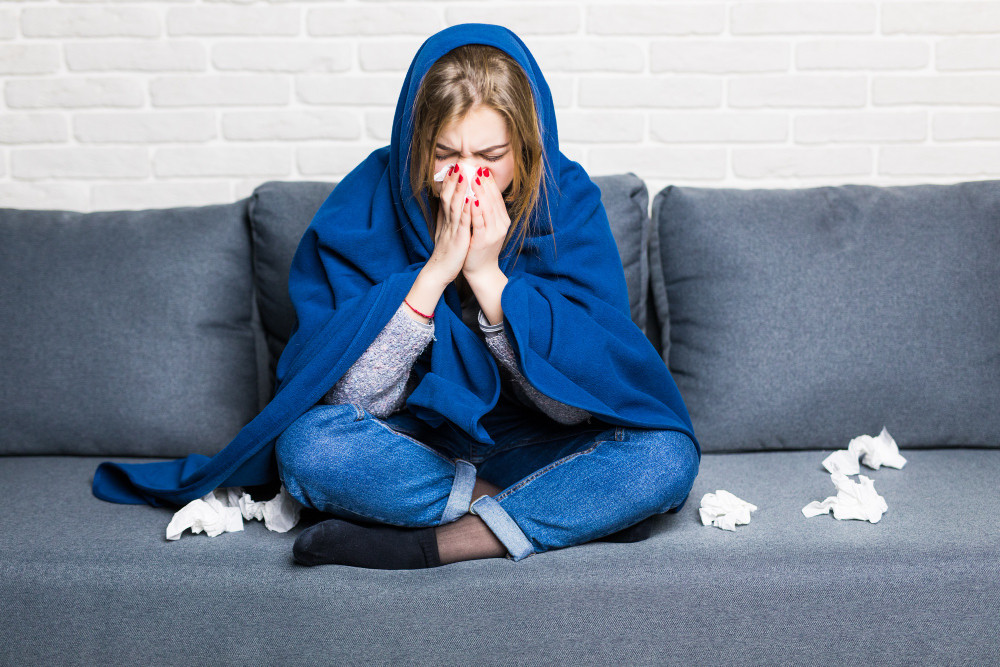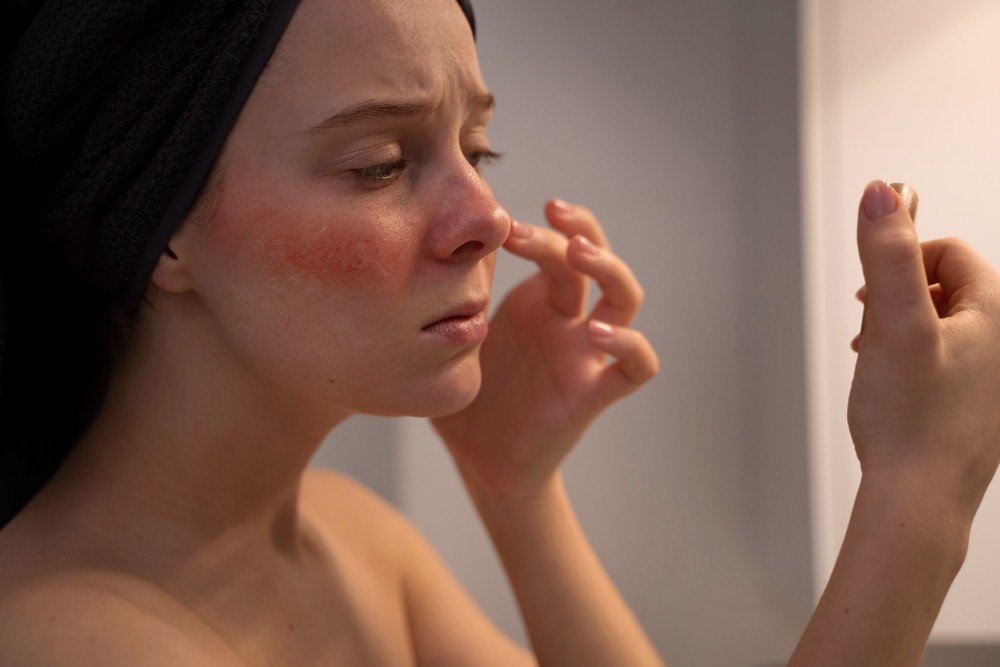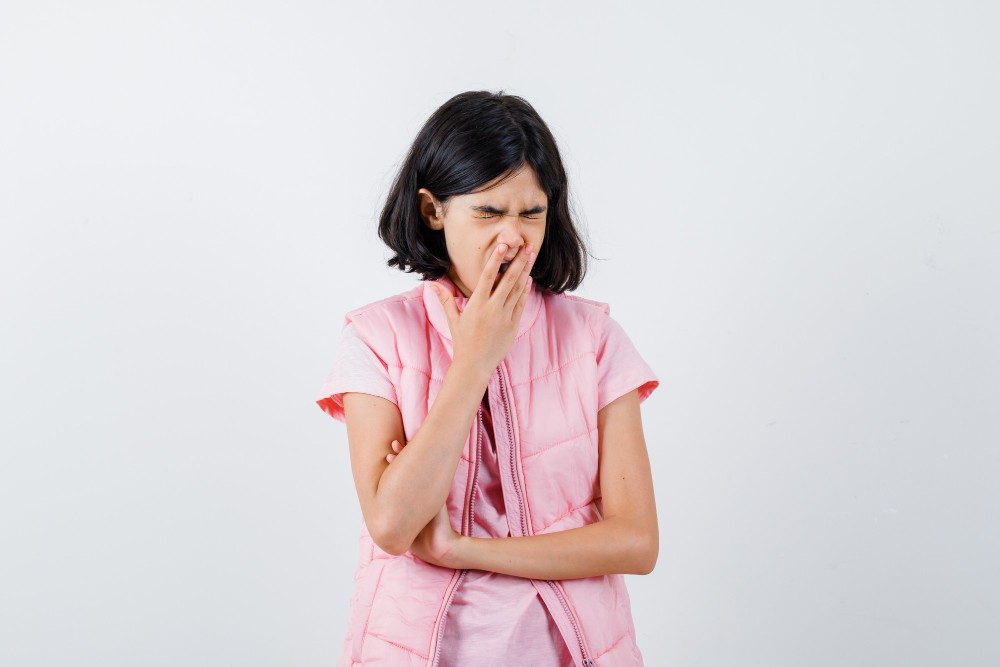Allergic reactions can be triggered by various factors, including dust, mold, and mites. Many people with allergies report that their symptoms seem to worsen during rainy weather. But is there any truth to the idea that rain can make allergies worse? Let’s dive into this topic to explore the connection.
The Relationship Between Rain and Allergies
Certain allergies tend to worsen when it rains, especially those triggered by pollen, mold, dust, and grass. During rainfall, these allergens may break into smaller particles, making them easier to disperse and more likely to cause intense allergic reactions.
Rain also leads to us spending more time indoors, which can increase the exposure to indoor allergens. This is particularly true if your home lacks proper air circulation.
Allergens that may become more prevalent during rainy weather include:
- Pollen: After rain, pollen often breaks down into smaller particles, making it easier to spread and potentially increasing exposure. Pollen levels can also rise significantly immediately following a storm.
- Dust mites: Rain increases humidity, which creates a favorable environment for dust mites to thrive. This can lead to more dust mites in the air, exacerbating allergy symptoms.
- Mold: Like dust mites, mold flourishes in damp, humid conditions. Rain can encourage mold growth both indoors and outdoors.
- Grass Pollen: Heavy rainfall can break apart grass pollen, sending more of it into the air, which can worsen allergic reactions.
Allergy Symptoms During Rainy Seasons
The severity of allergy symptoms during rainy weather can vary depending on the specific allergens involved. Some people may experience only mild discomfort, while others may suffer more intense symptoms. Common allergy symptoms during rainy weather can include:
- Nasal congestion
- Sneezing
- Runny nose
- Wheezing
- Dry cough
- Shortness of breath
- Fatigue
- Itchy eyes
- Red or watery eyes
- Swollen eyes
- Headaches
- Vomiting
- Skin rashes, such as hives
Allergy Treatment
Allergies that become more pronounced during rainy weather are often mild and may resolve on their own once the rain stops. For most people, mild allergic reactions can be managed with simple home remedies or over-the-counter allergy medications.
Here are some tips for managing allergy symptoms when they flare up:
- Avoid exposure to allergens by keeping windows closed on rainy days, especially during seasonal transitions.
- Regularly clean your home to minimize dust buildup.
- Use a saline nasal spray to ease congestion and other symptoms.
- If your home feels too humid, consider using a dehumidifier.
- Wearing a mask when going outdoors can help reduce exposure to allergens.
- Drink warm fluids to soothe irritated throats and nasal passages.
- Inhale warm steam to help clear nasal passages.
In addition to these methods, more specific treatments that can help include:
- Nasal corticosteroid sprays
- Prescription allergy medications
- Decongestants
- Allergy shots (immunotherapy)
- Acupuncture
Some types of allergies can get worse when it rains. If you have allergies, you should avoid exposure to allergens by wearing a mask or using a dehumidifier in the room.
If your allergy symptoms worsen or become difficult to manage, it may be helpful to seek medical advice. You can also use digital health services like the Ai Care app, available on both the App Store and Play Store, for virtual consultations.
Want to know more information on other health conditions? Click here!
- dr Hanifa Rahma
Sissons, B. (2023). Can rain cause allergies to flare up?. Available from: https://www.medicalnewstoday.com/articles/allergies-when-it-rains#link
Srakocic, S. (2024). Are Allergies Worse in the Rain?. Available from: https://www.healthline.com/health/allergies/does-rain-make-allergies-worse
AAFA Community Services. How Does Rain Affect Pollen Levels?. Available from: https://community.aafa.org/blog/how-does-rain-affect-pollen-levels
WebMD Editorial Contributors. (2023). Relieve Allergy Symptoms Without Drugs. Available from: https://www.webmd.com/allergies/allergy-relief-without-drugs












